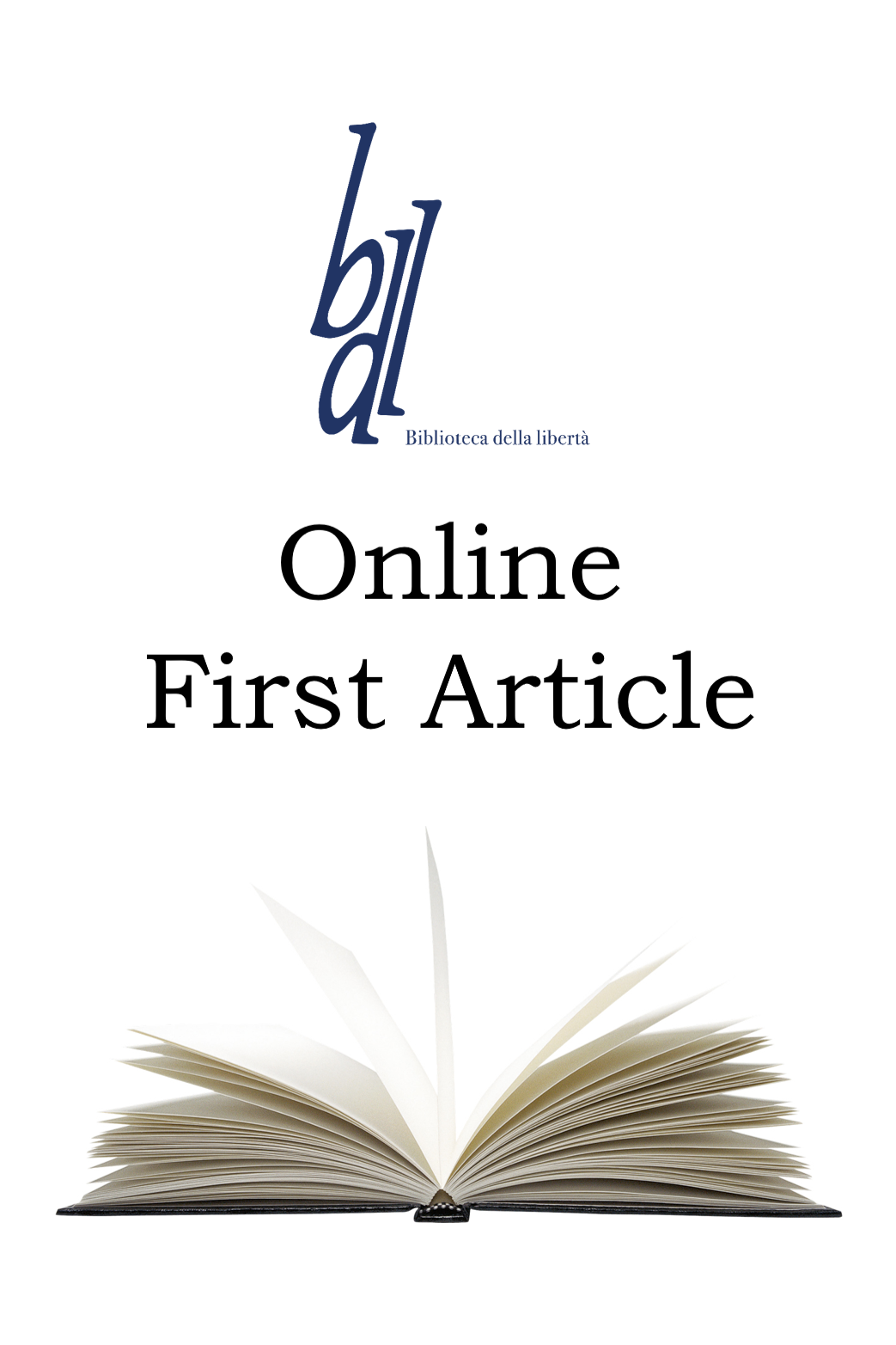- Ricerche e Progetti
- Biblioteca della Libertà
- Pubblicazioni e Working Paper
- Articoli e media
- Eventi e notizie
All issues
Religione e populismo: tra devozione e cultura. Il caso di Salvini e Meloni
- Categoria/Category
- Anno LIX, n. 240, maggio-agosto 2024
- Autore/Author
- Riccardo Cruzzolin, Marco Damiani, Rita Marchetti, Susanna Pagiotti
- ISSN
- 2035-5866
- DOI
- 10.23827/BDL_2024_17
- Luogo/City
- Torino
- Articolo completo/Full text
- 17-Cruzzolin_et_al.pdf
Abstract
This article aims to update the scholarly debate on the relationship between populism and religion, using the Italian context as its primary case study. Specifically, it focuses on an analysis of how Matteo Salvini, leader of the Lega, and Giorgia Meloni, leader of Fratelli d’Italia – both right-wing political parties – have utilized religious symbols throughout their electoral campaigns and in the execution of their political duties. Following a critical review of recent literature, the application of Pierre Bourdieu’s theory of fields is proposed, based on the premise that it can provide a more nuanced understanding of the current transformations within the political field in relation to the religious field. The recent reconfiguration of the Italian political landscape has led the two leaders to adopt distinct religious stances. While Giorgia Meloni, also leveraging her institutional role, has primarily invoked a culturally-grounded Christianity, Salvini has articulated a more heterodox, or rather, a more devotionally-oriented positioning.







